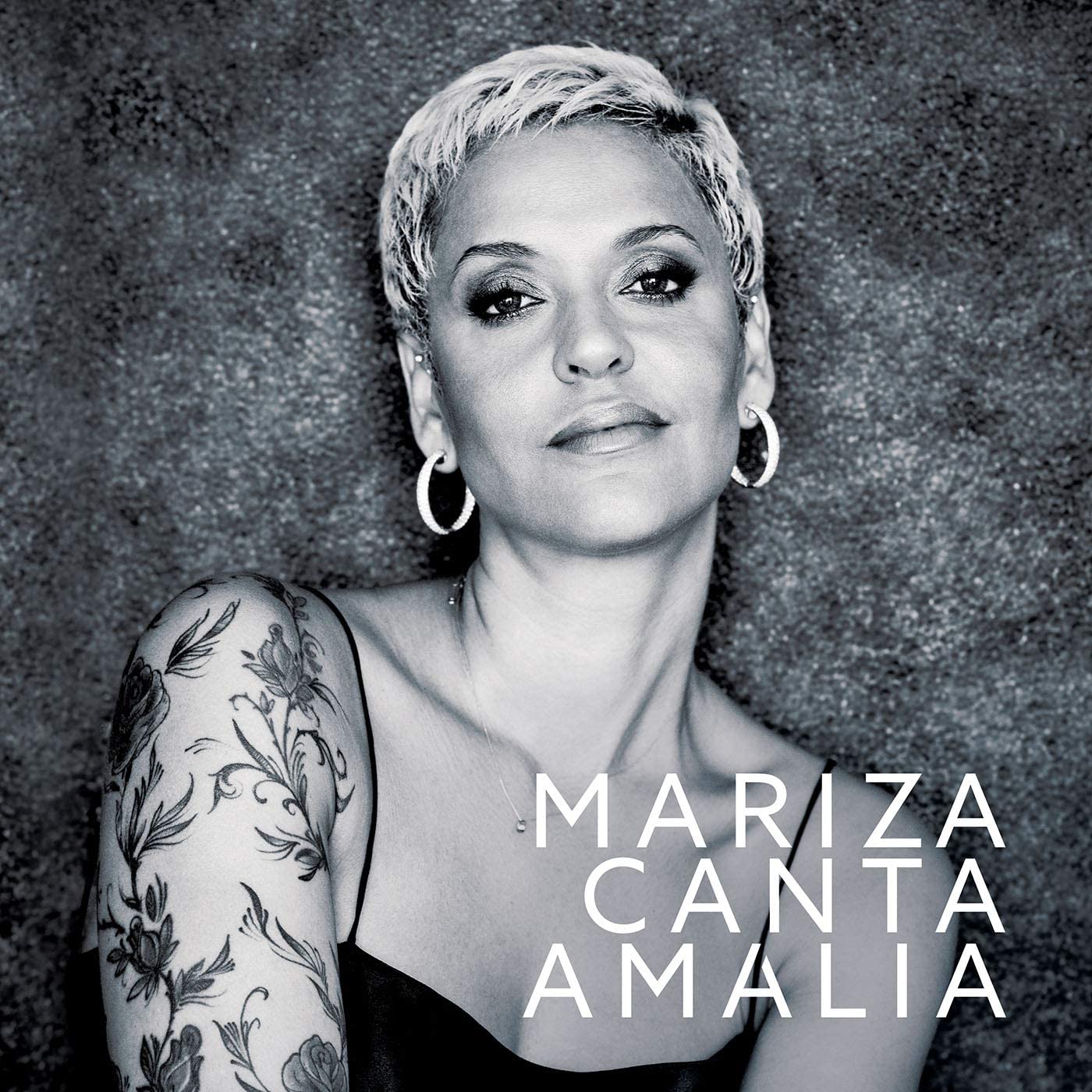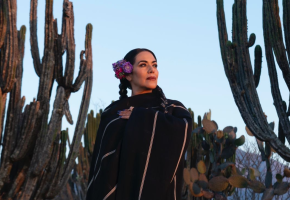Mariza's last concert in London was on November 17, 2018, exactly two years ago. I interviewed the fado singer for this same Latino Life that November and Mariza told me that to record an album is a ‘selfish act’. I counterpointed her comment saying that there is also an element of altruism in sharing her individuality with everybody through the music. That, even being a “selfish act”, she altruistically helps her listeners to express also their own feelings.
On that occasion, Mariza was launching her a new album, called simply ‘Mariza’. In a concert in Royal Festival House, the ‘fadista’ shared her individuality with the audience through her music and performance. She literally walked around the audience, singing, saluting and hugging people, As if to say with that gesture that we were all audience, that we were all performers. That Mariza was each of us and each of us was in Mariza's music.
In the interview, we talked about influences, musical education, sources of inspiration, in short, what makes Mariza the voice of fado alive, revived, renewed. Obviously we talked about Amália Rodrigues, one of the most iconic figures of this Portuguese genre - who, like almost everything Portuguese, is also universal. This November, Mariza launches a new album, called “Mariza canta Amália” (Mariza sings Amália). In this album, Mariza celebrates her 20-year career and Amália's centenary. The album is like a consubstantiation of two expressions so diverse, but at the same time, so similar to fado.
Going back to the 2018 interview, Mariza said that when she started her career “people had a sort of wrong and stereotypical idea about fado. People always related fado to singers dressing dark clothes, with long hair and a shawl over their head, and a sad expression. This did not fit into a Portugal that was changing, becoming more cosmopolitan and trying to be part of the XXI century.”
In this new album, that's exactly what Mariza does. The fado singer demonstrates that fado is not a symbol of the past, but that it has evolved. When recording classics that enshrined Amália, Mariza does not simply celebrate that voice that was confused with fado itself. Mariza indeed revitalizes fado as no one could imagine. In ‘Mariza canta Amália’, classic fados are redressed in arrangements by Jacques Morelembaum, a Brazilian composer-arrangeur-musician that has been working with Mariza for several years. Still with the traditional guitar and Portuguese viola, Morelembaum arrangements did not contains the fado under this instrumentation and explore a full orchestra, giving to the fado sonorities not commonly seen.
I would particularly call the attention to the track 6, ‘Cravos de papel’, a majestic arrangement that highlight the versatility and intense expression of Mariza’s voice.
In 2018, Mariza told me; “I am a person who conserve the traditions of fado, but I will not use dark clothes always, I don’t like long hair, it does not fit me. Anyway, I am what I am. I interpret the fado on my own way. This made people see fado diferently.”
Definitely, with this new album, Mariza shows what really is relevant in fado and the importance of Amália Rodrigues for this genre.
The last track of the album, Fado Português, summarizes well what I am calling here the consubstantiation of those two singers. The song starts with a cello solo – trademark of Morelembaum’s arrangements – and the stanzas of this poetical definition of what is fado are commented, verse by verse, with a dynamic instrumentation that are like colorful lights pointing to the voice of Mariza, evidencing all nuances of this unique fadista.
We may need to wait a little more to see Mariza performing in London stages again. But we definitely need to listen to “Mariza canta Amália” as soon as possible.
Album Release Date: November 20th 2020
















